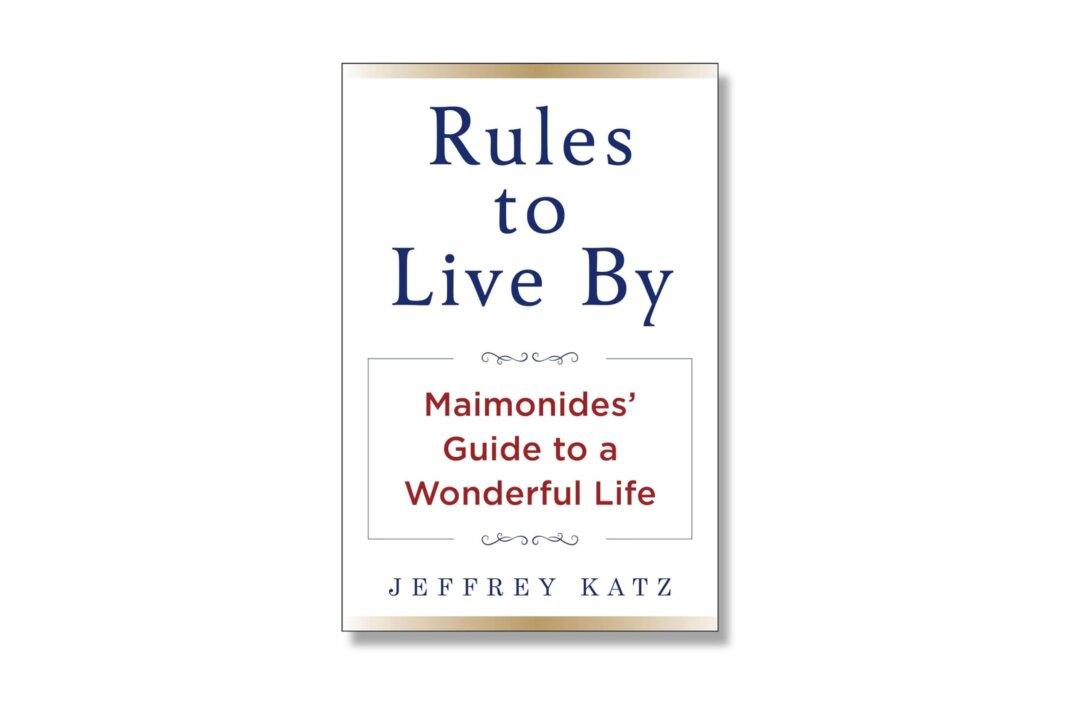In the 1946 film classic “It’s a Wonderful Life,” George Bailey spends his life giving to others; he ultimately learns these act enrich himself. Now, author Jeffrey Katz shares how to live an equally rewarding life based on the wisdom and proverbs of a Middle Ages intellectual in his new book, “Rules to Live By: Maimonides’ Guide to a Wonderful Life.”
Mr. Katz is a practicing attorney and teacher of rationalist religious philosophy. He received rabbinic ordination while studying and disseminating the ancient wisdom of Moses Maimonides (A.D. 1135–A.D. 1204). “Rules to Live By” is his second book on the ancient philosopher. His first, “The Secret Life: A Book of Wisdom from the Great Teacher,” was published in 2019.






